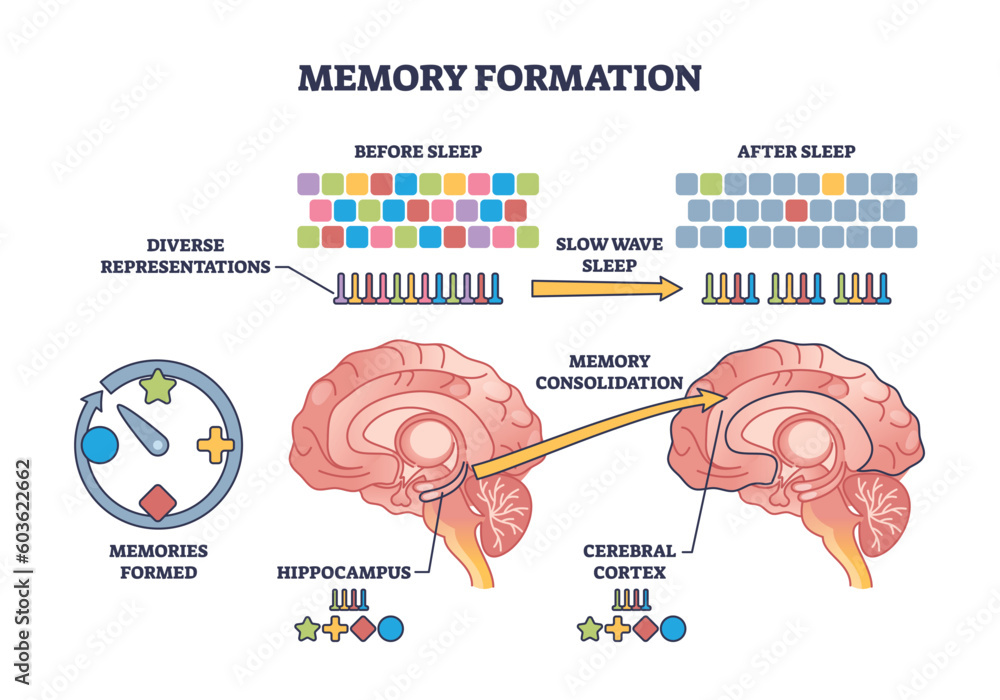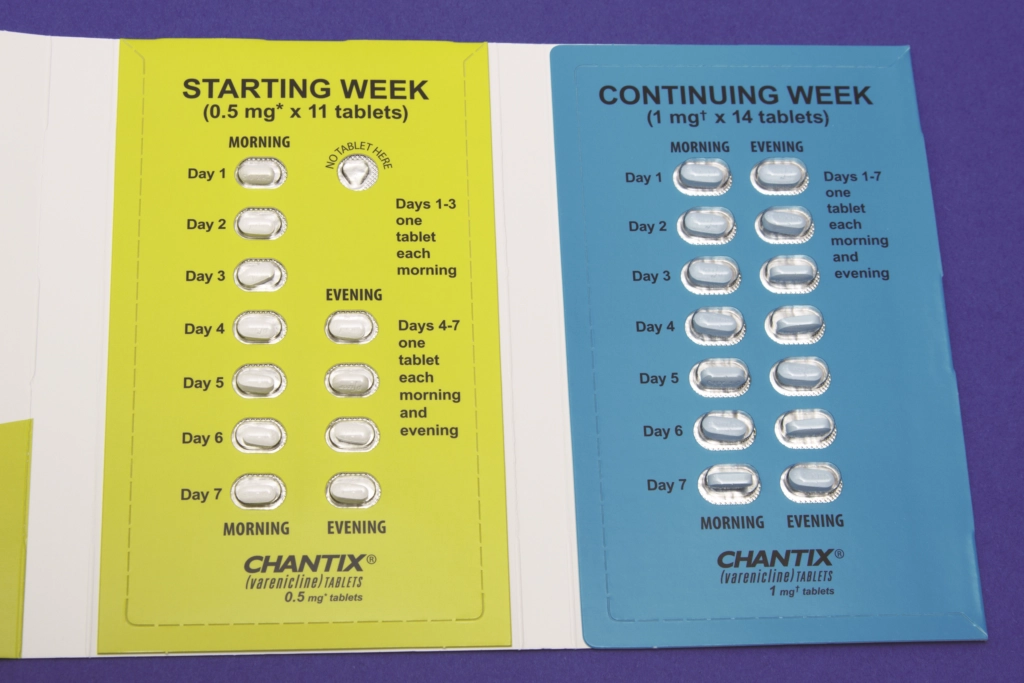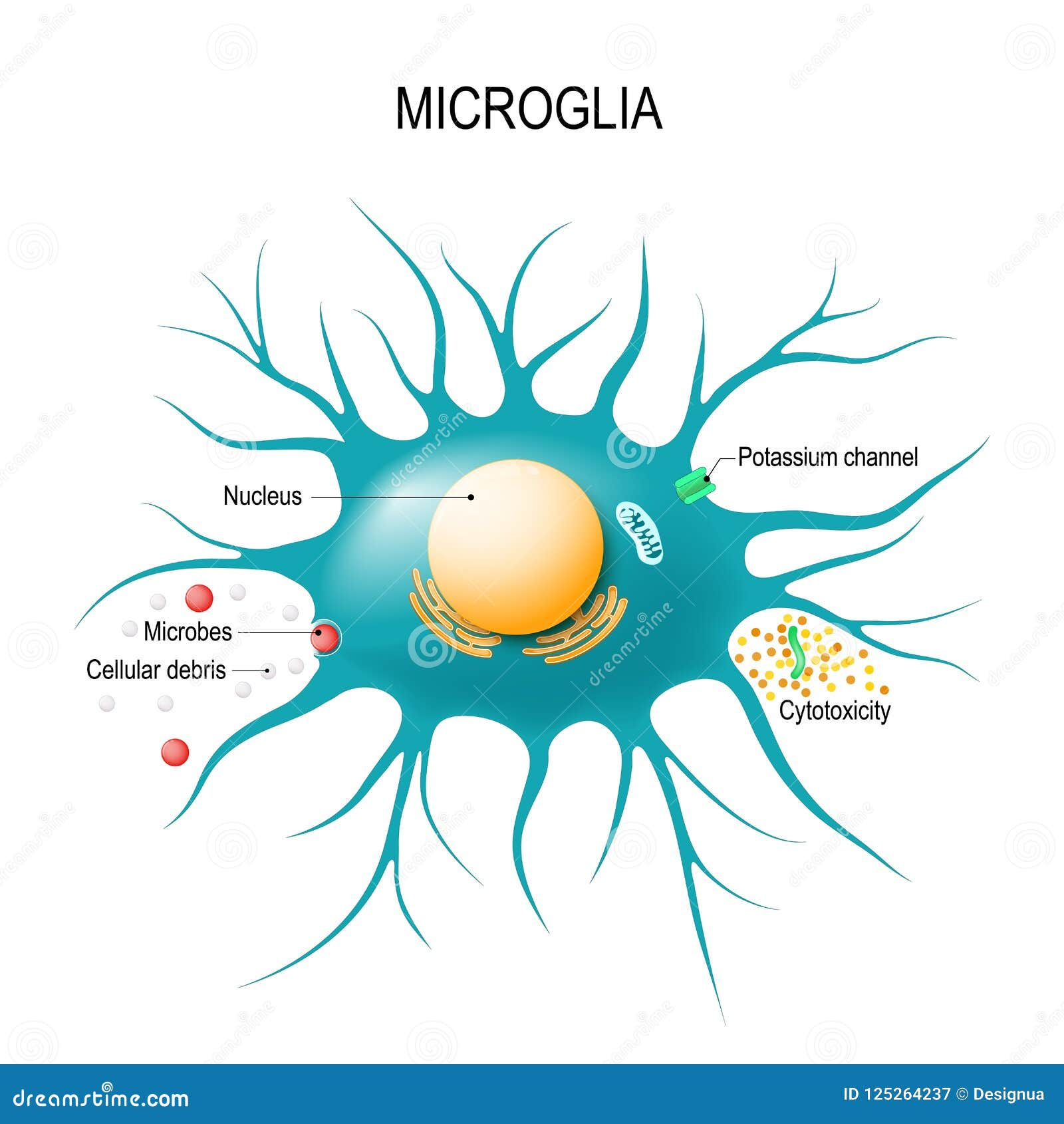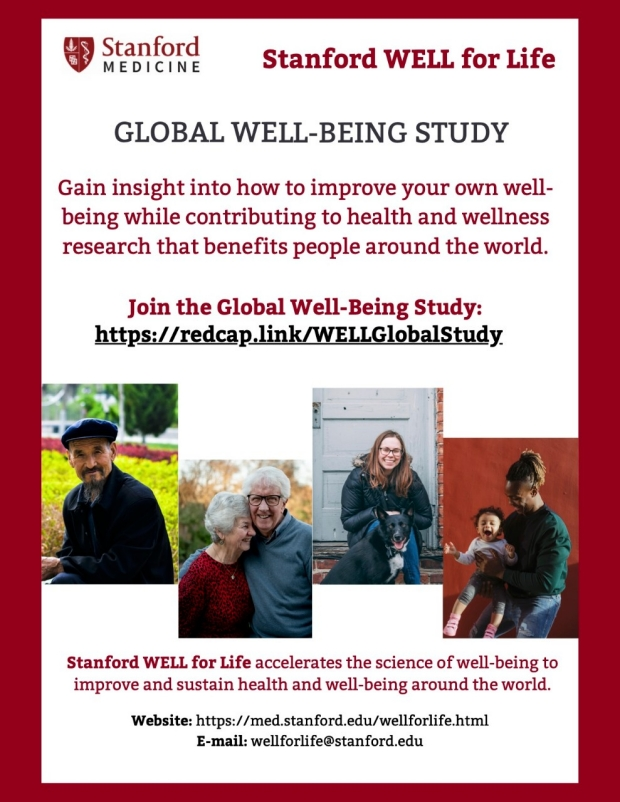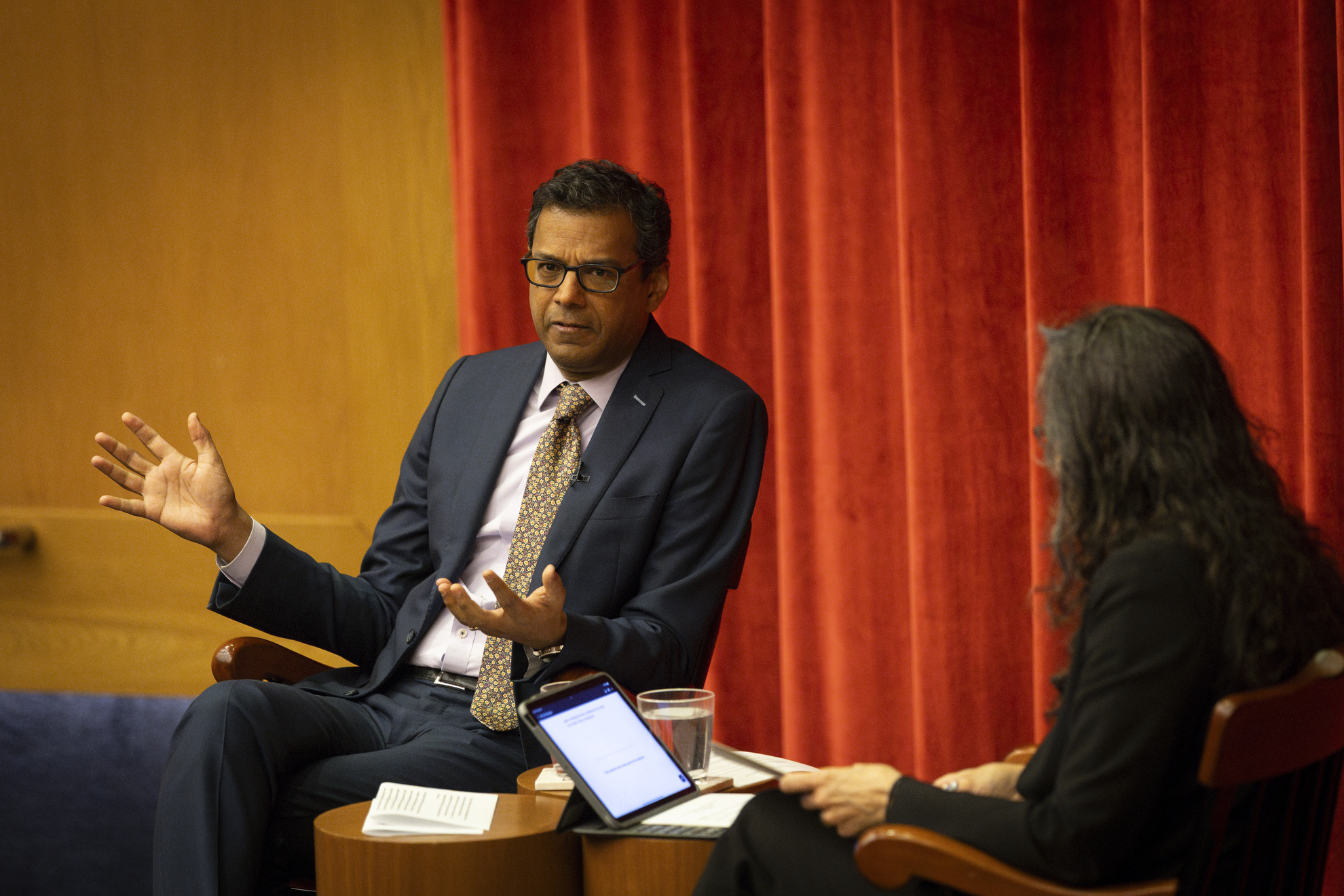Memory Formation: New Advances in Synaptic Plasticity
Memory formation is a complex process that involves the intricate interactions between neurons and synapses.Recent research from Harvard has shed light on the mechanisms behind learning and memory, revealing how synaptic plasticity—the brain’s ability to strengthen or weaken connections—plays a vital role in this process.
Smoking Cessation Pill Helps Teens Quit Vaping Successfully
The FDA-approved smoking cessation pill, varenicline, is emerging as a pivotal aid for teens and young adults eager to quit vaping.A groundbreaking study reveals that participants who used varenicline were three times more likely to successfully overcome their nicotine addiction compared to those who only received behavioral therapy.
Funding Cuts in Medical Research: Impact on Patient Safety
Funding cuts in medical research have become a pressing concern, especially in light of recent federal decisions that jeopardize critical oversight systems for patient safety.The freeze of over $2 billion in federal research grants has significantly disrupted numerous ongoing studies, hampering efforts to protect the rights and welfare of participants.
Microglial Cells: Key to Understanding Alzheimer’s Disease
Microglial cells are pivotal players in the brain’s immune system, actively safeguarding our cerebral health.As researchers delve deeper into Alzheimer’s research, the critical role these immune cells play in neurodegenerative diseases has come to the forefront.
Health Tracking: Understanding Learning and Memory Formation
Health tracking is an emerging field that offers profound insights into the intricate processes behind learning and memory formation.Recent advancements in this area have highlighted the essential roles of synaptic plasticity and proteins like AMPARs in memory retention and recall, particularly in the context of neurological disorders such as dementia.
Global Well-Being Study Highlights Concerns for Youth Flourishing
The global well-being study recently launched is a groundbreaking investigation designed to assess the factors contributing to human flourishing across various cultures and economies.This extensive research, encompassing insights from over 200,000 participants spanning six continents, aims to shed light on youth well-being, revealing how financial circumstances do not necessarily equate to happiness.
Liver Cancer Treatment: New Insights from Bile Acid Research
Liver cancer treatment is evolving rapidly, spurred by groundbreaking research that uncovers the intricate relationship between bile acid metabolism and hepatocellular carcinoma (HCC).Recent studies have identified critical molecular switches that regulate bile flow, offering new hope in the fight against this dominant form of liver cancer.
Global Health Infrastructure Needs Urgent Action Today
Global health infrastructure plays a crucial role in connecting the dots between health policies and community health outcomes around the world.Renowned surgeon and author Atul Gawande highlights the significant challenges faced by this vital network, especially following the Trump administration’s health policies that severely impacted public health funding.
Pediatric Cancer Recurrence: How AI Is Changing Predictions
Pediatric cancer recurrence poses a significant challenge for healthcare providers and families alike, particularly in cases involving brain tumors like gliomas.Recent advancements in artificial intelligence (AI) in healthcare have highlighted the potential for improved cancer relapse prediction, as evidenced by a groundbreaking study at Mass General Brigham.
CRISPR Gene Editing: Balancing Cure and Ethical Dilemmas
CRISPR gene editing has emerged as a groundbreaking tool that is revolutionizing the field of genetics and medicine.With its precision and versatility, CRISPR technology enables scientists to edit genes with unprecedented accuracy, opening the door to potential cures for genetic disorders such as sickle cell anemia.
